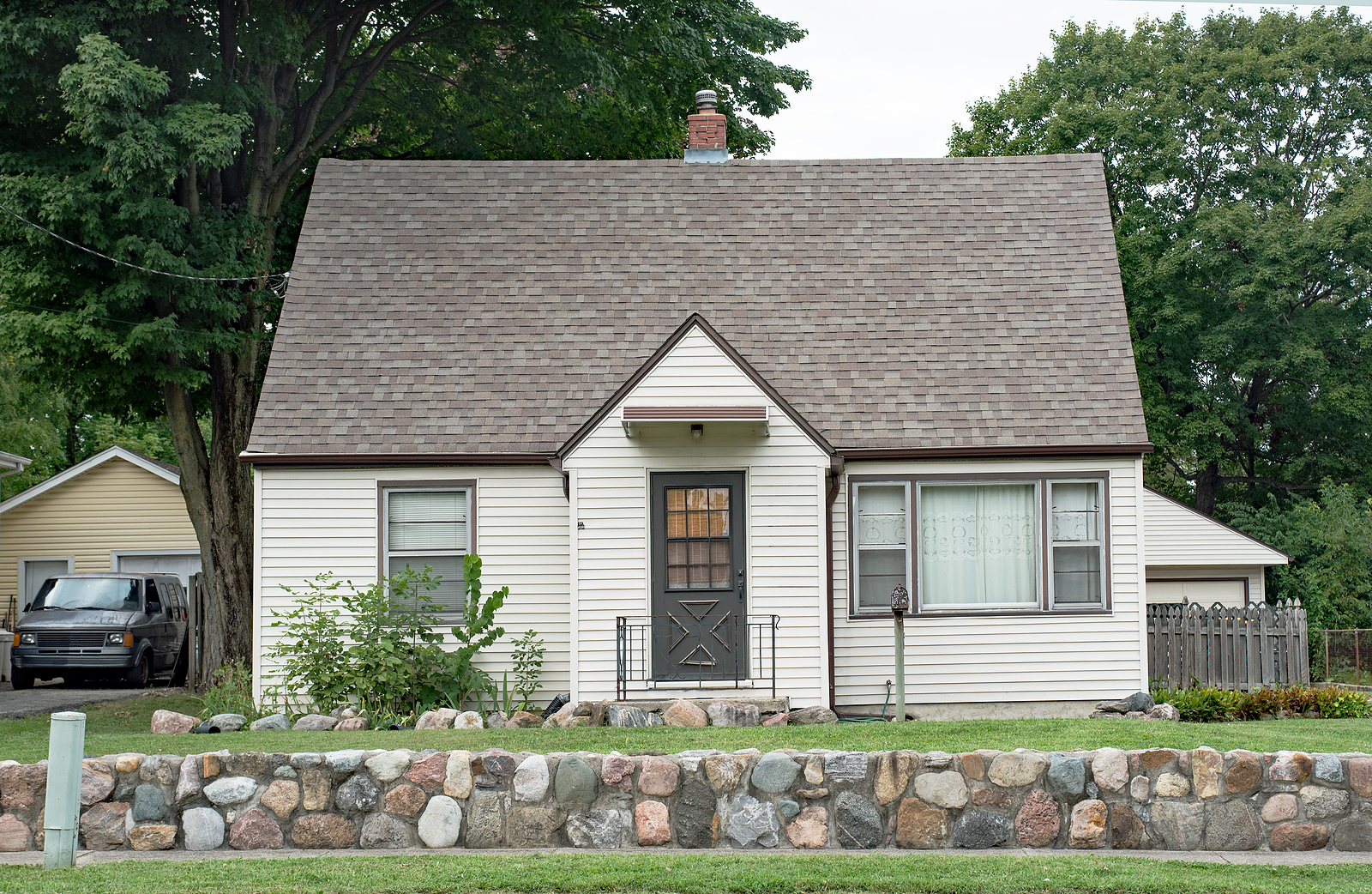Despite what many first-time mortgage shoppers imagine, Freddie Mac and Fannie Mae aren’t members of the cast of “The Beverly Hillbillies.”
They are both what is known in the economic world as Government Sponsored Enterprises, or GSE for short, and since they have some pretty impressive loan products out right now you should get to know them.
Today, we introduce you to a Freddie Mac program that we’re particularly fond of.
Is it possible to buy a house on a low income?
Even if there is not a predetermined minimum income needed to buy a home, folks with middle-class and low-class wages may still have a difficult time getting approved for a mortgage and purchasing a house. If you do not have a job, getting a mortgage might be a much more challenging process.
This is frequently the case because of restrictions for a debt-to-income ratio (DTI) limit, credit criteria, and down payments on mortgages.
On the other hand, if you qualify for the right kind of loan or program, becoming a homeowner can be more attainable than you now realize.
First, some history
Freddie Mac stands for Federal Home Loan Mortgage Corporation. Both it and Fannie Mae were created by Congress, Fannie in 1938, and Freddie in 1970.
What they do, in a nutshell, is buy mortgages from lenders and either hang on to them or bundle them into what are known as “mortgage-backed securities” which are then sold to investors.
Their most important function, at least for consumers, is that the money they spend buying these mortgages is then used by the lender to make more loans. In essence, they help ensure that there is always a continuous supply of mortgage money.

A home is possible, even with a low income
The Freddie Mac Home Possible® mortgage helps “…very low to low-income borrowers attain the dream of owning a home,” according to the GSE’s website.
Our favorite feature of the product is the down payment—as little as 3%. But there is more:
- The down payment funds can come from a variety of sources, including gifts, a second mortgage, and grants.
- Co-borrowers who do not live in the home can be included (on the purchase of a one-unit residence).
- Yes, you can have another financed property and still qualify.
You will be required to purchase private mortgage insurance (PMI) unless you put 20 percent of the loan amount down.
Unlike the FHA-backed loan where the mortgage insurance remains in place for the life of the loan, once your Home Possible loan balance falls lower than 80% of the home’s appraised value and “… cancellation criteria is met,” you can cancel the PMI.
How to Qualify
You will need to have a credit score that satisfies the requirements of the lender (usually 680, although you may qualify with a lower score), your earnings must not exceed the restrictions for the area median income (AMI) in 2021, and you will need proof of cash for the down payment and closing expenses.
On the website fanniemae.com, you will be able to locate the 2021 AMI for your region.
You are required to take part in a homebuyer education program if this would be your first time purchasing a property.
To apply for the Home Possible mortgage, you will need to get in touch with a mortgage lender and let them know that you are interested in the program.
Even though we are not experts in the field of mortgages, we will gladly put you in touch with someone who comes highly recommended. Give us a call!

